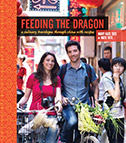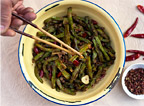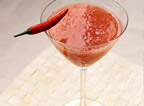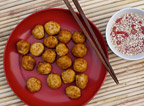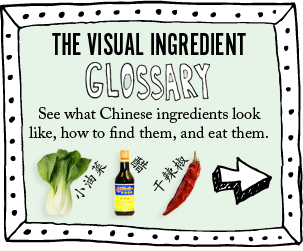the moon festival

This week has been a big week for China. Wednesday was the 60th anniversary of the Peoples' Republic of China and today is the Moon Festival, China's second biggest holiday.
The Moon Festival—also called the Mid-Autumn Festival, or zhong qiu jie, is celebrated on the 15th day of the 8th month in the Chinese calendar. This is supposedly the day when the moon is largest and it's a holiday kind of like our Thanksgiving. It was originally a celebration of the autumn harvest, but now it’s an excuse for families to get together and eat.
On the night of the festival, people gather in parks and look up in the sky at the lucky moon and eat pastries called moon cakes, or yue bing. Moon cakes are round little cakes that have ornate patterns molded into their tops from the wooden molds they’re baked in. They are coated with a shiny sugary sugary glaze on the outside and on the inside they are dense and rich. Most have a sweet lotus paste filling or a sweet red bean paste. The best moon cakes also have a duck yolk in the center of the filling. This may sound a little unappetizing, not many western deserts have straight-yolks in them, but the chalky yolk in the center of the sweet filling and dough makes these little cakes pack a punch of flavor and textures that will fill you up fast.
People rarely make moon cakes at home. Instead they buy them packaged in beautifully illustrated red boxes from shops and give them as gifts during the holiday. I think of them as the equivalent to our fruitcakes we give at Christmas.
Any Asian grocery store or bakery will have moon cakes for sale. I plan on eating some tonight under the full moon and giving thanks for the harvest, or rather the fact that I didn't have to harvest this year.
-Nate
 8 Comments | |
8 Comments | |  Permalink
Permalink 


